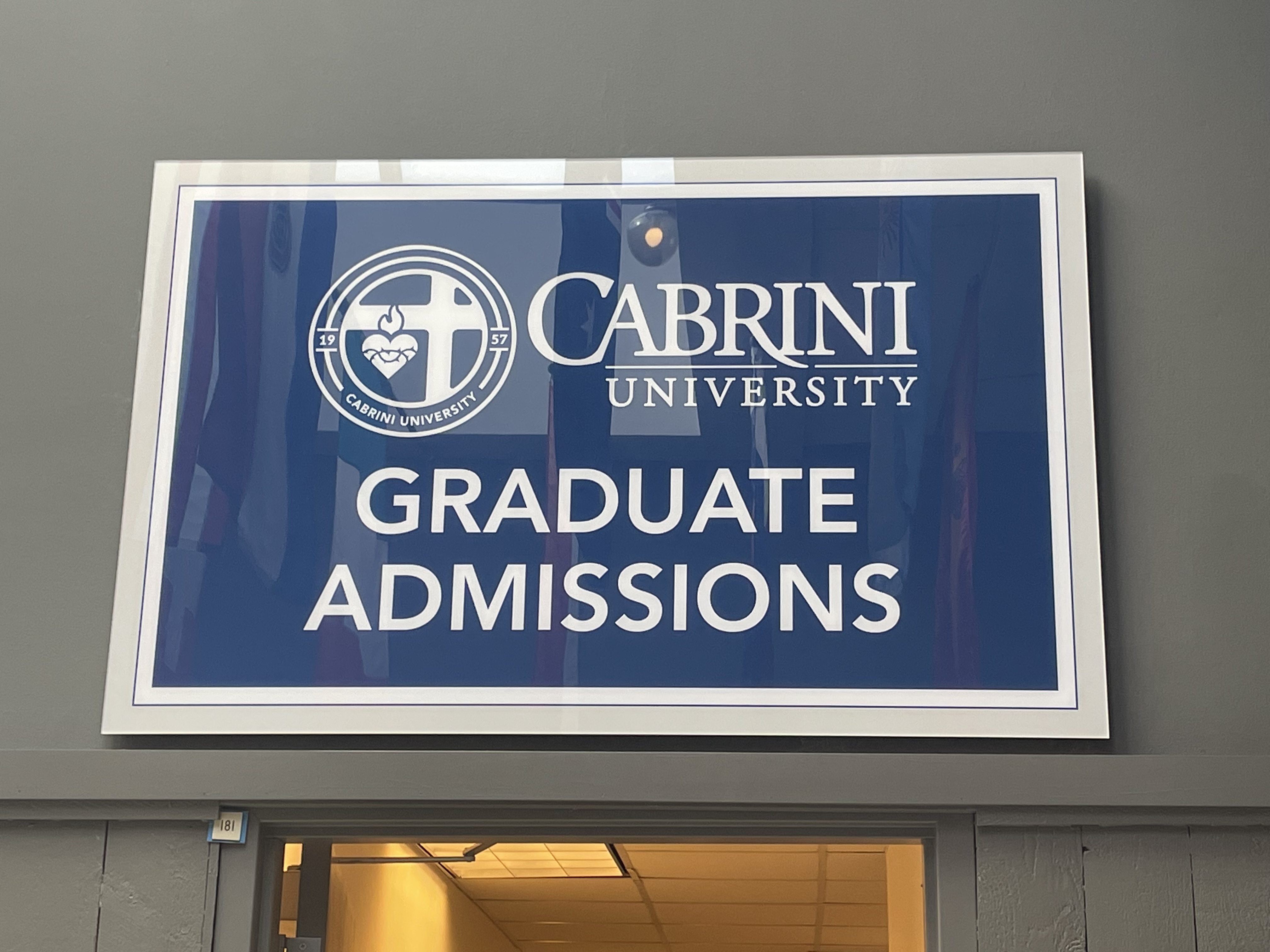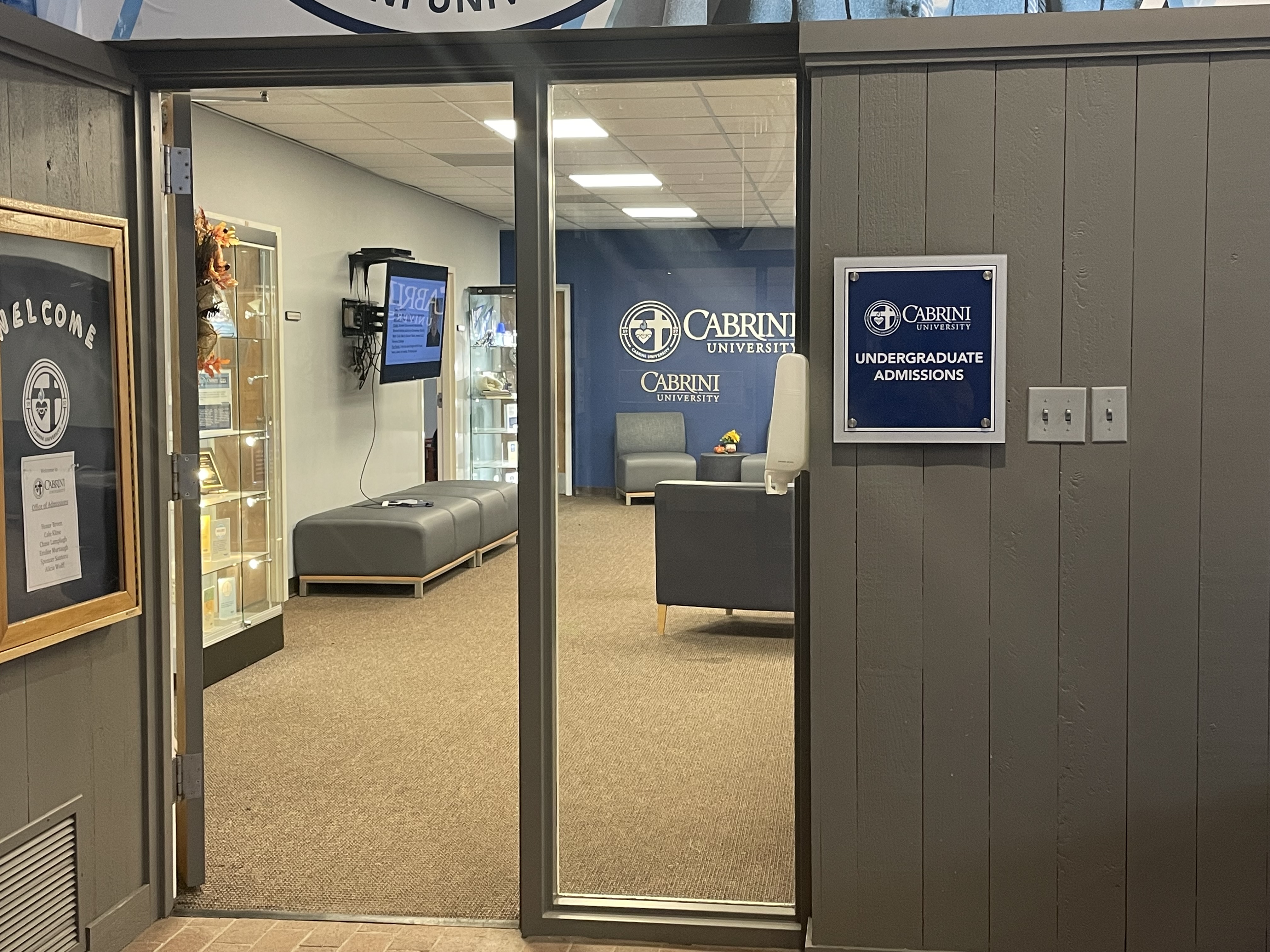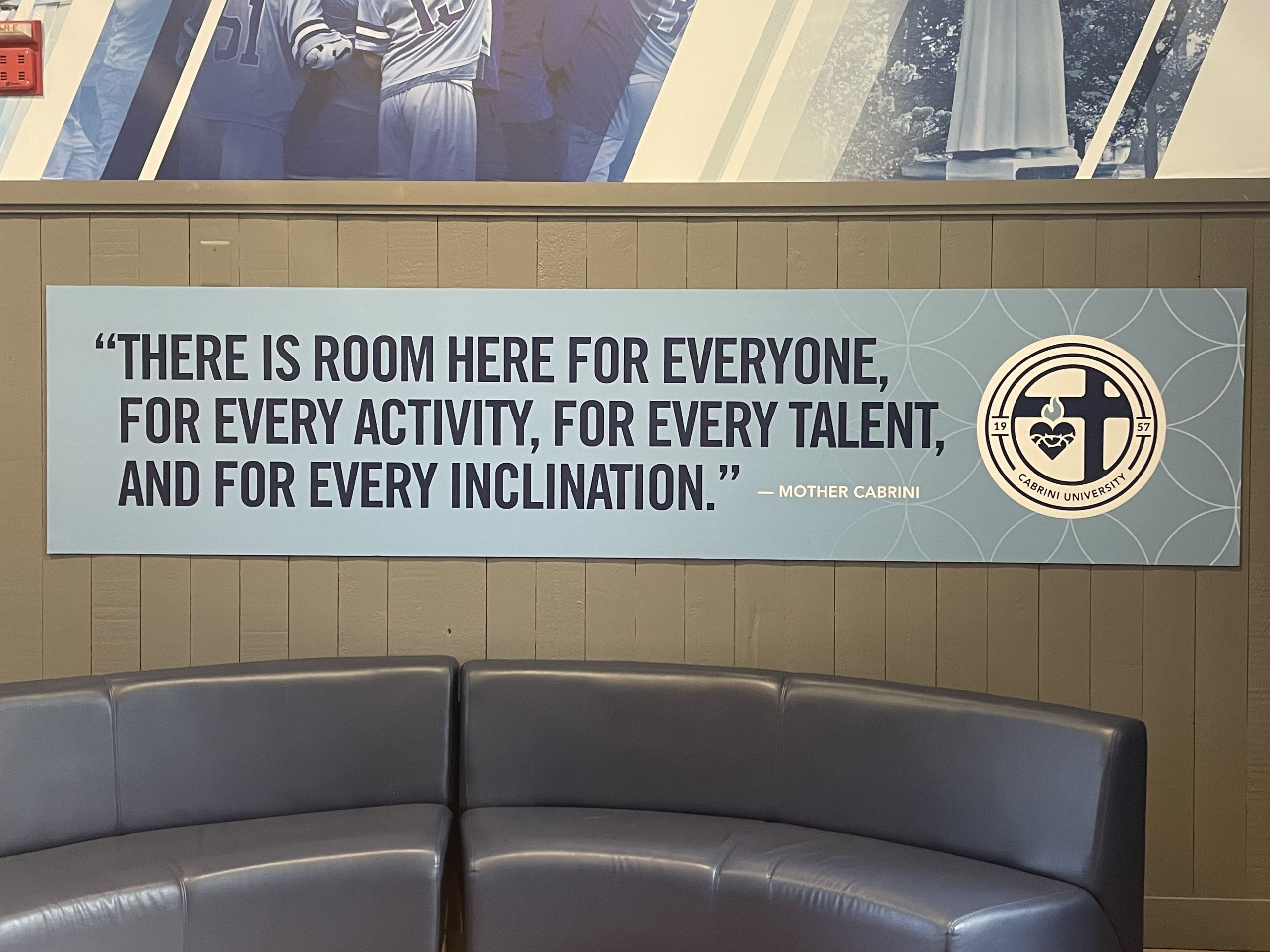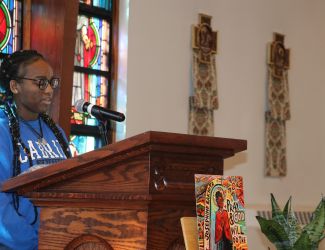The Supreme Court heard arguments against the race-conscious admissions policy on Oct. 31. If deemed unconstitutional, all universities will be barred from asking prospective students their race on applications.
Kimberly Lewis, Cabrini University’s dean of admissions, financial assistance, and marketing, believes Cabrini’s racial diversity won’t be as affected as other schools.
“Institutions that are more mission focused like Cabrini, or institutions that are already attracting diverse populations probably won’t see much change as a result of the Supreme Court decision,” Lewis said. She is confident Cabrini’s admissions won’t be negatively affected by the court’s decision and clarified that Cabrini does not apply more weight on any one qualification over another.

The plaintiff in the Supreme Court case argued that Harvard University’s affirmative action process denies Asian Americans admittance in favor of Black, Hispanic, and Native American students. Schools that practice holistic admissions do not prioritize one student characteristic over the other.
The Harvard decision will be combined with the University of North Carolina case. The plaintiff argued that unfairly focusing on admitting Black and Hispanic students violated the 14th amendment and UNC’s promise to provide “equal” opportunities to all students despite race.
A different admissions strategy
Cabrini’s “holistic” approach to admissions stems from its mission statement. The university practices its commitment to social justice by giving all students an equal opportunity in the admissions process.
Some Cabrini students worry that racial quotas affect the admissions process. Leah Freeman, first-year pre-med major, understands that race is an important aspect of a student’s character but struggles with allowing it to be the deciding factor.
“Race shouldn’t be the only issue that gets a student into a college,” Freeman said. She worried that racial quotas would prevent some students from gaining admittance. Affirmative action “would help to diversify schools. However, it could also not be an equal opportunity,” she said. Cabrini does not consider racial quotas during the admissions process.
Grace Hoath, sophomore music major, believes knowing a student’s race is unnecessary in admissions but argued there is value in both holistic review and affirmative action.
Emana Johnson, first-year education graduate student, hopes that holistic admissions prevent racial stereotyping. Johnson hopes a student’s grade point average is considered more important by admissions counselors than their race. Cabrini admissions counselors are assigned schools by location, so they grow familiar with each school’s academic offerings.
“[Students] understand that we have a population that is reflective of the community that they come from,” she said. The relationships that admissions counselors build with high schools and the department’s mission-focused attitude give them a better overview of prospective students.
The holistic admissions approach encourages combining students’ academic achievement and experience as measures for their possible success within the university. If the Supreme Court decides to remove race-conscious admissions, Cabrini will not suffer as badly as more selective schools.
Equity in college admissions
Some students believe affirmative action is an unbalanced effort to diversify schools. Sydney Kesselman, senior education major, also agrees with Cabrini’s holistic approach.

“Every child deserves an equal chance in education no matter their race,” Kesselman said.
Kesselman agrees that the admissions process should view students fairly. Highly selective schools like Harvard have a larger prospective student pool, so they’ve streamlined their admissions to make them more effective. Removing race-based affirmative action will decrease the diversity of their admissions.
Schools with a focus on diversifying a student body may use race as the deciding factor for admissions. Since Cabrini does not value one qualification over the other, it matches the message of a student’s qualifications to the university’s mission.
Affirmative action has been debated since President Lyndon B. Johnson established that jobs should use it to provide more opportunities for racial minorities. Public universities that banned affirmative action in the 1990s saw a 14.3 percent decrease in Black, Hispanic, and Native American students by 2015, according to a 2020 study.
The plaintiffs in the Harvard and UNC case argue that affirmative action creates a “separate but equal” academic admission field which was outlawed by Brown v. Board of Education. Harvard and UNC argued that their process optimally diversifies each incoming class while upholding their selective nature.
Universities like Harvard and UNC use affirmative action to create equitable opportunities for Black, Hispanic, and Native American students. Checkpoints on a prospective student’s race give their admissions workers a better understanding of the student without diving in-depth into their background like Cabrini does.







